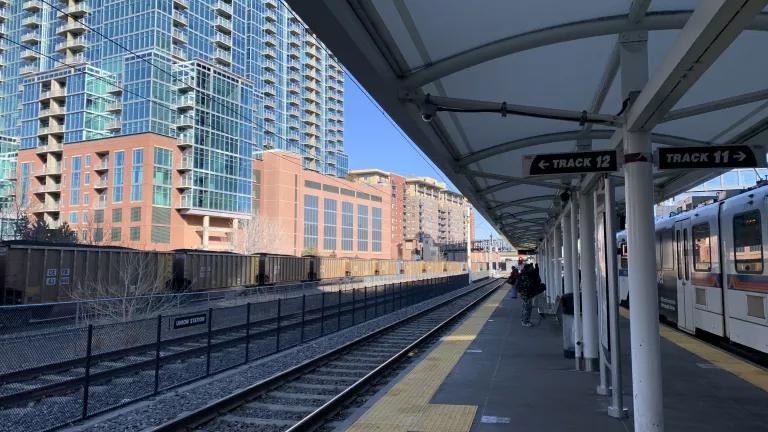Green Neighborhoods: Advancing Strategies that Create Strong, Just, and Resilient Communities
Communities of color and those with high concentrations of poverty are disproportionately subject to harmful environmental impacts from toxic chemicals, air pollution, contaminated water, and noise pollution. These neighborhood impacts will only increase with climate change.
NRDC’s Green Neighborhoods Initiative partners with low-income and underserved communities in order to put in place the building blocks of better living—high-quality, environmentally sound, and affordable transportation, energy, food, and housing. Green Neighborhoods institutionalizes these four pillars within neighborhood and city plans while building support for climate action and equitable development. By doing so, we show policy makers, market actors, and citizens that using sustainable, inclusive, and healthy principles to improve the quality of life in communities saves money, generates jobs, improves health, and makes significant contributions to climate change mitigation and resiliency.
The Green Neighborhoods team has developed a tool, called LEED-ND+, that incorporates the sustainability metrics in LEED-ND with additional standards on health, equity, and climate resilience to better align comprehensive plans and zoning codes with community and citywide sustainability goals. This tool helps neighborhoods examine their community in a holistic manner and articulate and quantify what sustainability at the local scale looks like.




